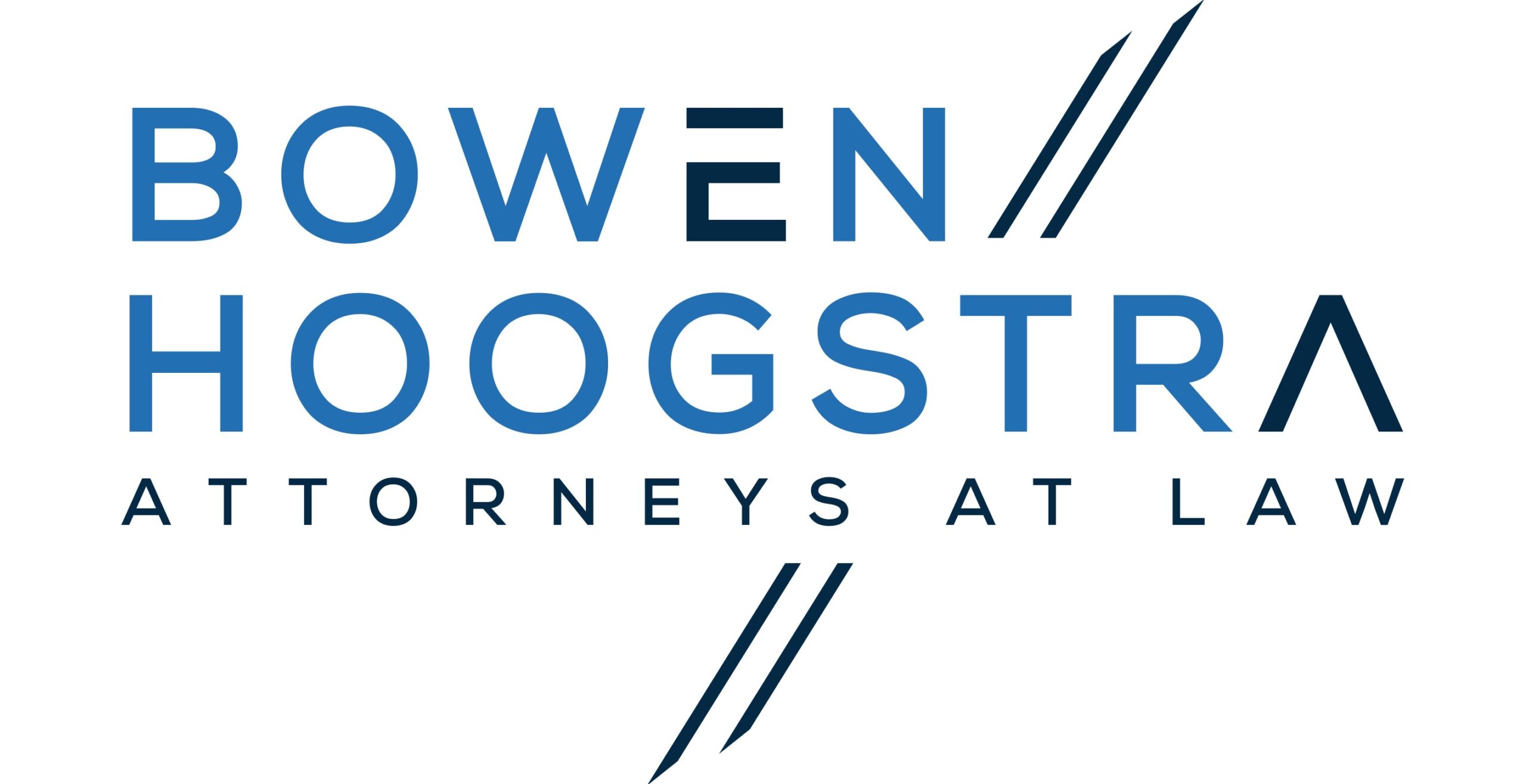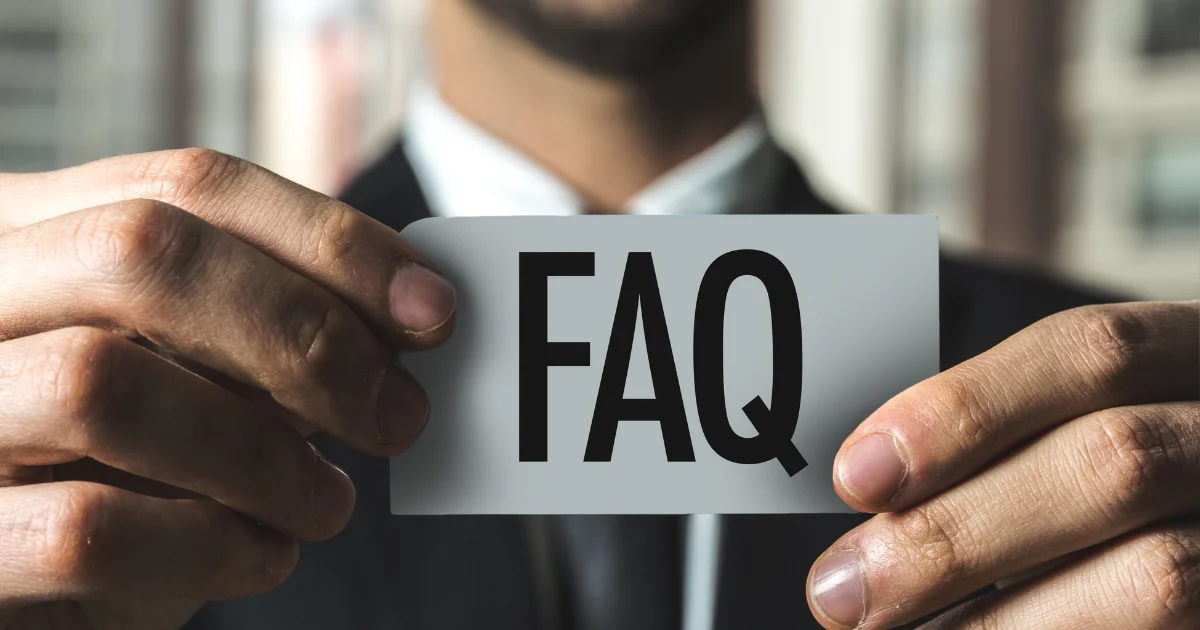Here are some of the most frequently asked questions we get about property deeds in Michigan State.
What Is the Difference Between a Title and Deed?
While the words are sometimes used interchangeably, only “deed” actually refers to the physical document proving ownership. “Title” is merely the concept of ownership, and shouldn’t refer to the legal, official written document that declares an individual has legal ownership of property.
How Do I Get the Property Deeds to My House in Muskegon?
Until your property is fully owned by you (meaning, all mortgage or lending has been paid off), the original document is kept by the lender. You can request copies from your lender. If you already own your property outright but lost the paper, you can get a certified copy from the Muskegon Register Deeds office.
Can I Have Two Names on a Deed? If So, How Do I Add Someone?
You can have two or more people registered on a new property deed as joint or co-owners. If you want to add someone to an already existing deed, you’ll need to draft a new one. To do that, you’ll have to file a quitclaim deed first then make a new one with the joint ownership. The same applies to making name changes on a deed, where’ll you need to record a new blank deed.
What Is a Quitclaim Deed?
A quitclaim deed transfers the owner’s entire interest in a property to a new person or group. This only transfers the type of title that you own, meaning you can’t use it to sell a portion of the home you do not own in the case of joint ownership.
It’s also used to add people to a new deed by removing yourself from the old one and creating a new joint ownership agreement. Since they offer the lowest level of buyer protection, they are usually reserved for specific uses.
How Do I Remove Someone from a Deed?
The most common way to remove someone from a deed is through a deed of conveyance, such as a quitclaim or warranty deed.
First, you should discuss the property interests with any co-owners, then go through the process of completing and submitting either a quitclaim or warranty deed form.
The difference between quitclaim and warranty is that the quitclaim has no legal assurance that anybody else has claims of ownership to the property, while the warranty deed has an explicit assurance that no one else has claims of ownership.
What Happens If I Lose the Deed to My House?
You can get a certified copy from the Muskegon Register Deeds office.
How Can I Check My Personal Property Records in Muskegon, Michigan?
There are two ways you can access the official records. You can either visit the Deeds office in person and request access to a certified copy of the document, or you can access the online database of the Muskegon Register Deeds office.
The address of the office is:
Mark Fairchild, Register Of Deeds
173 East Apple Ave., Suite 301
Muskegon MI 49442
And you can contact them via phone at 231-724-6271 or email at [email protected]
What Are the Recording Fees for a Property Deed?
The recording fees are the same for any deed, certified copy, mortgage, lis pendens, or any other document of the sort:
$30 per document, regardless of the number of pages
If you want to request a tax certificate, it will be $5. To get a copy of a previously recorded deed, it will be $1 per page plus an additional $5 to certify the document.
What Are the 15 Requirements to Record a Property Deed in Muskegon?
There are 15 different requirements you must meet in order to be able to record an official deed with the register of deeds office.
Some of these are:
- Signatures must be original and names must be typed, stamped or printed beneath all written signatures. MCLA 565.201 Sec. 1 (a)
- No discrepancy shall exist between names printed in the notary acknowledgment and as printed beneath signatures. MCLA 565.201 Sec. 1 (b)
- Instruments conveying or mortgaging any interest in real estate shall state the marital status of any male grantor. MCLA 565.221
- The address of the grantees in each deed of conveyance or assignment of real estate shall contain the street number address or post office address. MCLA 565.201 Sec. 1 (a)(f)
- The name and address of the person who drafted the document must appear on documents executed in Michigan. MCLA 565.201A
- Documents purporting to convey or encumber real estate executed in Michigan must have an acknowledgment by a notary public. MCLA 565.8
- A certified copy of the death certificate or proof of death must be recorded when the instrument of conveyance states “survivor” in the grantor’s section. MCLA 565.48
- Court orders must be certified and sealed by the clerk of the court to be eligible for recording. MCLA 565.401, 565.411
- The document submitted for recording must be legible. MCLA 565.201 Sec. 1 (f)(iv)
- Documents must have a margin of unprinted space at least 2 ½ inches at the top of the first page and at least ½ inch on all remaining sides of each page. MCLA 565.201 Sec. 1 (f)(i)
- Documents must display on the first line of print on the first page, a single statement identifying the recordable event that the instrument evidences. MCLA 565.201 Sec. 1 (f)(ii); 565.201 Sec. 3
- The type on the form must be printed with black ink; type size at least 10-point type. MCLA 565.201 Sec. 1 (f)(iii)(iv)
- The paper on which the document is printed must be white and not less than 20-pound weight.MCLA 565.201 Sec. 1 (f)(iv)
- The size of the document and any attachment thereto mut be at least 8 ½ inches by 11 inches; at most 8 ½ inches by 14 inches. MCLA 565.201 Sec. 1 (f)(v)(vi)
- All Warranty Deeds, Land Contracts, or an Assignment thereof, or any Deed that contains a covenant of Warranty must have a Tax Certification from the County Treasurer’s office. MCLA 211.135
How Can I Protect Myself from Deed Related Fraud in Muskegon?
The Muskegon Register of Deeds has an online tool to help protect individuals and businesses from fraud called Fraud Guard. By registering online, they will notify you by email whenever your name is being registered on a document in Muskegon County.

